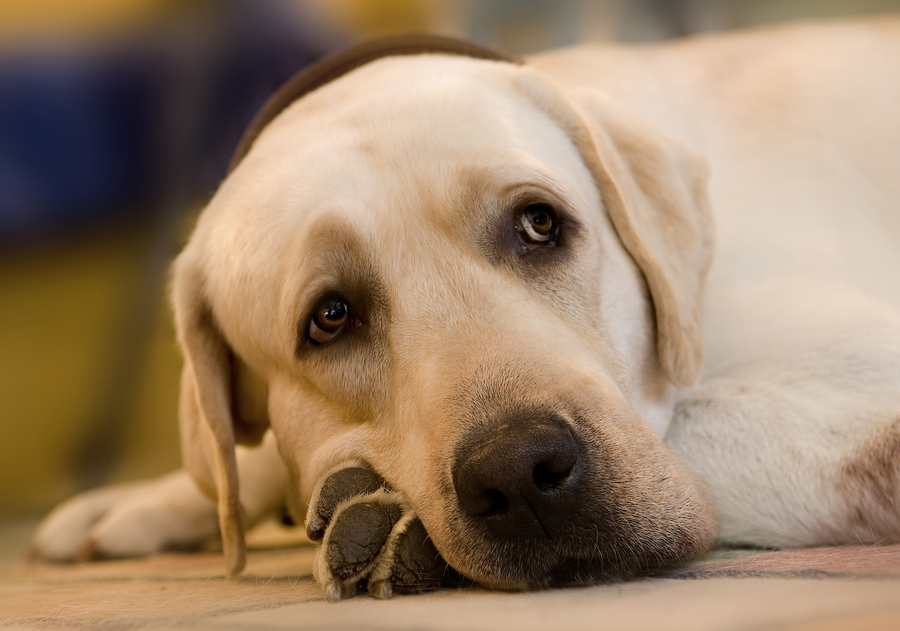We want to do everything we can for our pets when they’re suffering from cancer. One reader asks if diet can help dogs recover.
Q: My dog has been diagnosed with lymphoma. I’ve heard that there’s a cancer diet that may help. What can you tell me about it? Are there any other dietary changes I can make?
A: Many pet owners hope that a change in diet can help pets with cancer. So far, little published research has been done in this area, so I’m afraid I can’t tell you that there’s a “silver bullet” feeding regimen that will cure your dog. But I can discuss cancer-related changes in metabolism and evidence-based approaches that are being looked at to help reduce or eliminate those problems.
Dogs with cancer may lose weight or experience muscle wasting as a result of chemotherapy or radiation treatment. It’s really important to make sure they are able to take in nutrients and maintain a healthy weight as they undergo treatment. This can mean continuing to feed your dog his regular food that he likes and does well on, or switching to a particular commercial or homemade diet recommended by a veterinary nutritionist.
You have probably heard that a low-carbohydrate diet is beneficial to cancer patients. There’s no strong evidence for that yet, but on the other hand, it can’t hurt to try it, as long as you choose an appropriate food that contains less than 20 percent of its calories from carbohydrates. Bear in mind that a low-carb diet is not the same as a grain-free diet, which can still be high in carbohydrates, fat and calories. Ask your veterinarian to consult a veterinary nutritionist about appropriate choices.
We don’t currently have specific nutritional requirements for dogs with cancer. The best thing you can do to help your dog recover is to continue to feed a food that will maintain his body condition and meet his energy needs during treatment.
Read more, including about cats’ eyes and dogs helping farmers with disabilities, in the weekly Pet Connection feature!


